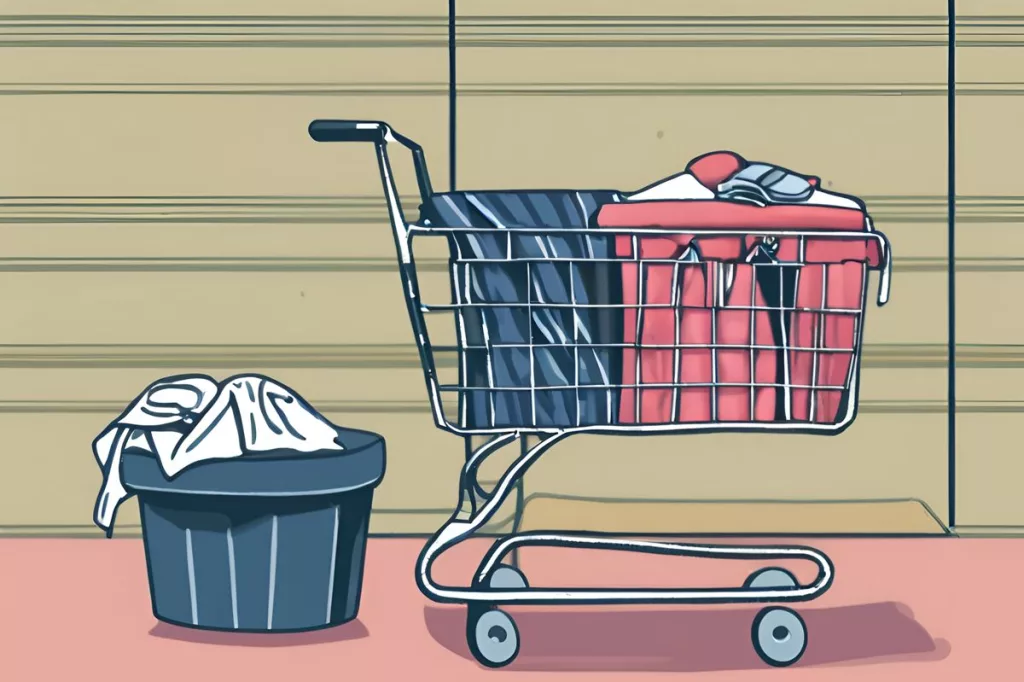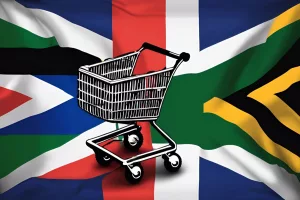Takealot’s recent sale of Superbalist is a strategic move in response to changing consumer preferences and the increasing competition in the retail industry, particularly in the fashion sector. The rise of sustainable and affordable fashion options, coupled with the challenges posed by international competitors like Shein and Temu, has altered the market dynamics and spurred a conversation about the wellbeing of South Africa’s retail sector. Furthermore, the economic climate in the country is adding pressure on businesses to remain viable. The sale of Superbalist serves as a crucial lesson for retailers to adapt quickly and anticipate consumer shifts to navigate the turbulent retail waters.
In South Africa, Amazon and local ecommerce giant Takealot are engaged in a battle for supremacy in the rapidly growing ecommerce market, which is projected to reach $72bn within two years. Amazon’s business model, which provides a highly personalized shopping experience, has won over many South African consumers, while Takealot’s existing foothold in the local market has made it a formidable competitor. However, with the launch of Amazon’s South African website imminent, industry experts predict a challenging time for Takealot. The competition between these two ecommerce titans signals a new phase in the South African ecommerce sector marked by intense rivalry and innovation.


